Intervista al Critico d’Arte, Curatore, scrittore freelance e poeta Zi Lin
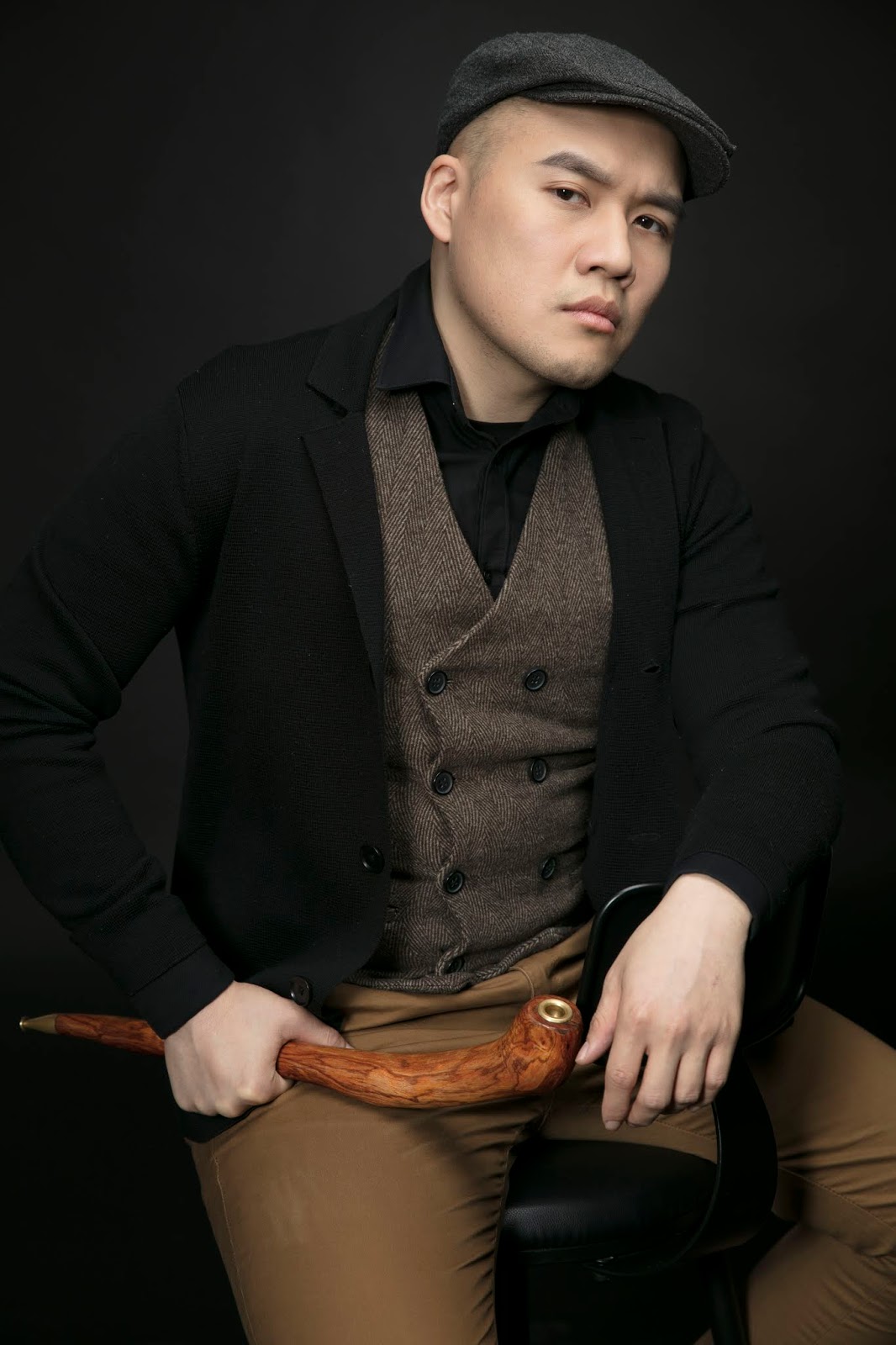 |
Critico d’Arte, Curatore, scrittore freelance e poeta Zi Lin
|
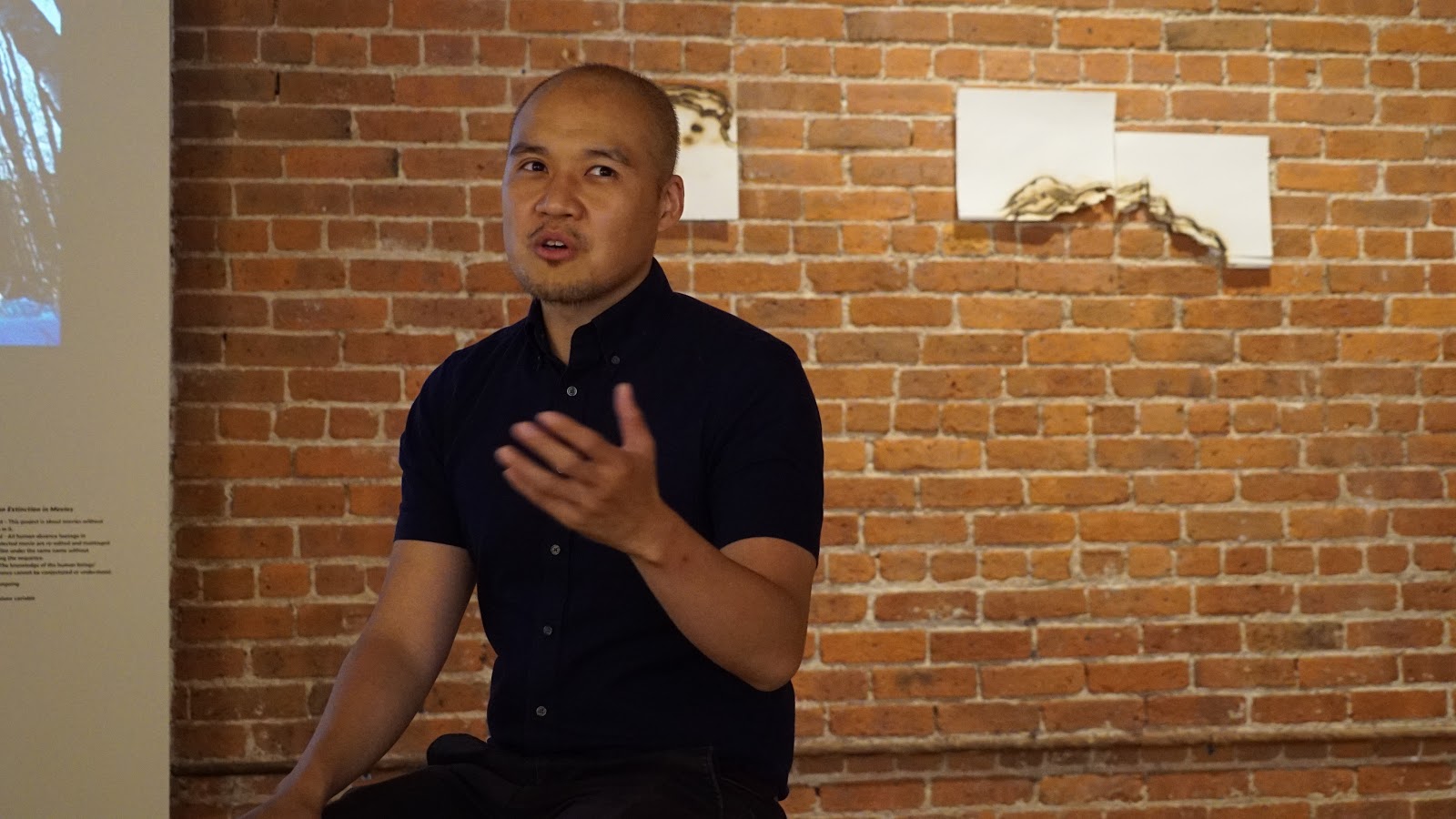 |
Critico d’Arte, Curatore, scrittore freelance e poeta Zi Lin
|
Buonasera carissimi, oggi abbiamo il piacere di ospitare nel blog il critico d'arte e curatore Zi Lin. Sono veramente entusiasta di questa iniziativa propostami dall'artista Azarez Azarezart, che ringrazio infinitamente, poiché mi ha dato l'opportunità di conoscere il mondo della critica d'arte legato a una concezione completamente diversa da quella italiana.
Ringrazio il critico d'arte Zi Lin che si è prestato a essere intervistato e ha dedicato il suo tempo nel rispondere alle domande in una lingua diversa da quella madre (per chi fosse interessato informo che alla fine dell'intervista in lingua italiana è stata pubblicata anche quella in lingua inglese).Ti ringrazio Zi Lin è un grande onore e un piacere averti ospite nel blog “L’arte raccontata nei libri”. Interagire con i grandi esperti nell’ambito artistico/culturale è un privilegio per chi come me è appassionato di arte.
Inizio l’intervista chiedendoti:
- Come critico e curatore artistico sei dotato di un significativo percorso professionale. Ci sono degli avvenimenti peculiari che hanno inciso in modo particolare la tua carriera?
Non direi che ho "una carriera professionale significativa", poiché non lavoro da molto tempo nel campo curatoriale né della critica d'arte. Ho pensato che sarei diventato un critico d'arte quando mi sono diplomato presso il programma Art Writing and Criticism MFA (L'arte della scrittura e della critica MFA), ma non ci è voluto molto prima che mi rendessi conto della grande correlazione tra la scrittura artistica e la cura di mostre. Secondo il mio parere curare è un processo più facile ma più laborioso rispetto alla critica d'arte. La piccola mostra collettiva presso la “Novado Gallery” che ho curato nel 2018 è stata per me un'esperienza molto piacevole in quanto sono stato supportato dal gallerista. Ricordo che c'erano molte persone venute dalla comunità locale e sono rimasto sorpreso di quanto le mostre di giovani artisti e curatori cinesi potessero essere accolti dalla comunità del Jersey City. È stato un evento molto incoraggiante e che ha favorito una maggiore comunicazione da entrambe le parti: artisti cinesi e frequentatori di gallerie statunitensi.
- Dalla tua interessante biografia si evince che sei stato uno dei più importanti studenti del noto critico d’arte di New York David Levi Strauss. A tal proposito ti chiedo di raccontarci qualche aneddoto curioso o un particolare insegnamento che hai acquisito da questa preziosa esperienza?
Levi Strauss è il dirigente e il leader della nostra piccola comunità critica nel centro di New York City. Levi faceva parte sin da bambino della classe media e ha guidato il taxi a San Francisco per molti anni; un giorno mi disse che adorava scrivere storie. Per molti aspetti Levi per me, rappresenta un intellettuale americano di successo. Possiede una fattoria nello stato di New York e ha una stalla piena di libri e dei suoi studi. Sono stato lì una volta, con alcuni dei miei compagni di classe, e mi ha detto che il granaio è dove passa l'intera notte a leggere e a scrivere fino alle tre di notte, nella maggior parte dei suoi giorni. Ci ha anche detto che il suo metodo di scrittura non è ottimale, ma non c'è modo in cui possa apportare alcun cambiamento a riguardo, che da 400 pagine scritte ne utilizza solo 40. Per quanto mi riguarda, la scrittura di Levi è eccellente. E' fortunato perché è in grado di spendere tanto tempo ed energie sulle cose che ama, e poter comunque essere finanziariamente sostenuto. Questo non è facile, ed è uno dei motivi dei suoi successi.
- Per essere un critico d’arte di quali abilità si deve essere dotati?
Ci sono diverse abilità che potrebbero essere necessarie come critico e, soprattutto, bisogna sapere come usare una serie di strumenti intellettuali; una di essi è la fenomenologia o un modo di osservazione fenomenologico. Il termine potrebbe significare molte cose diverse, ma, per me presta più attenzione alla parola fenomeno che significa attenersi a ciò che mostra il lavoro, e che cosa ne precetto. Capire come io, come soggetto, approcci il lavoro, lo percepisca e arrivi al termine, richieda, a volte, un grande sforzo mentale. Non si dovrebbe mai chiedere il grande “Perché” quando si vede un lavoro in quanto il grande “Perché” probabilmente porta a teorie e filosofia, ma lontano dal lavoro stesso; invece, l'aspetto del lavoro, l'attualità di esso è dove l'attenzione di un critico dovrebbe concentrarsi di più. Inoltre, il processo di come lo percepisco. Se uno è in grado di farlo senza alcun addestramento, quella persona è un genio. Altrimenti, richiederebbe un lungo periodo di lettura e di pratica per acquisire questo metodo di osservazione.
- Quale metodologia adotti dal momento in cui inizi a organizzare una mostra? Come scegli il tema? Quale criterio adotti nel selezionare gli artisti?
Una volta Levi mi ha detto che il nome curatore nella sua origine latina significa qualcosa di simile a baby-sitter o qualcuno che fornisce assistenza. Questo è l'ethos che tengo sempre a mente quando faccio pratica curatoriale. Il nome curatore, ha portato sempre più domande ai nostri tempi e penso che sia per una buona ragione che hanno fatto in questo modo. Se c'è un termine politico che posso utilizzare per descrivere la mia posizione nella pratica curatoriale, dirò che sono un conservatore. Detto questo, credo che un buon lavoro non abbia bisogno di interventi curatoriali. Un buon lavoro è perfetto di per sé, non ha bisogno né di spiegazioni né di comunicazione con gli spettatori. Ciò che i curatori possono fare o dovrebbero fare è attenersi maggiormente alle sculture del 19 ° secolo, spendendo più tempo per organizzare e studiare gli archivi e opere e passare meno tempo per essere famosi o accreditati facendo uno spettacolo in alcune grandi e celebri istituzioni d'arte. I curatori del nostro tempo sono un piccolo gruppo di persone che sono troppo lodate, ipotecate ed esagerate. Mi oppongo alla posizione curatoriale di Hans Ulrich Obrist che sostiene che una mostra d'arte dovrebbe essere dominata dal ruolo e dalla decisione del curatore. Io, d'altra parte, credo in un ruolo più arretrato per il curatore, lasciando più spazio per gli artisti e le loro opere sul palco. “Un buon lavoro non ha bisogno di un curatore”. Quando lavoro come curatore, mi concentro sempre su ciò che gli artisti hanno, su ciò che hanno in mente, prima di realizzare il mio tema.
- Quali difficoltà si potrebbero incontrare nell’organizzare una mostra?
Rendere felici tutti è sempre difficile. Se artisti e curatori credono in cose diverse, allora non possono realmente comunicare. Una cooperazione tra curatori e artisti è sempre difficile ma potrebbero finire per essere amici e lavorare di nuovo insieme.
- Ci racconti della tua esperienza come assistente curatore al National Art Museum of China (Pechino).
Non è stata un'esperienza molto piacevole, devo dire. In Cina ci sono due sistemi paralleli nel regno dell'arte, uno è il sistema ufficiale, supportato da una pittura ad olio di stile più russo con temi storici e un'arte letteraria tradizionale, l'altro invece che si verifica da quasi 5 anni è il sistema di mercato, che appartiene all'arte contemporanea. Adesso le cose nella scena artistica cinese sono pressoché “tranquille”. Il National Art Museum of China è il primo istituto del sistema artistico ufficiale. Il curatore che lavora lì ha una ridotta libertà di scelta, non può scegliere né il tema della mostra né gli artisti che parteciperanno. Il curare una mostra d'arte è più simile a compiere un compito politico. In tale circostanza, il mio lavoro di assistente curatore si concentra principalmente sulla ricerca, archiviazione e sulla scrittura di testi per le mostre proposte. Lavorando lì ho imparato molte cose, ma non è stata un'esperienza molto piacevole per me.
- Parlaci della tua presenza come guest curator nella Novado Gallery.
(Fa parte della risposta della prima domanda) La piccola mostra collettiva presso la “Novado Gallery” che ho curato nel 2018 è stata per me un'esperienza molto piacevole in quanto sono stato supportato dal gallerista. Ricordo che c'erano molte persone venute dalla comunità locale e sono rimasto sorpreso di quanto le mostre di giovani artisti e curatori cinesi potessero essere accolti dalla comunità del Jersey City. È stato un evento molto incoraggiante e che ha favorito una maggiore comunicazione da entrambe le parti: artisti cinesi e frequentatori di gallerie statunitensi.
- In che modo l'arte ha segnato la tua vita?
L'arte è la passione della mia vita. La società paga ai suoi artisti un compenso perché le loro opere non significano niente a loro. In questo senso, la società scambia significato con il denaro per ogni singolo lavoratore. L'arte sta creando significato per se stessa. In una prospettiva ontologica, mettere in discussione ciò che l'arte è esattamente potrebbe inevitabilmente portare a ciò che Dio è esattamente - le connessioni tra le due domande sono forti, che è ciò che mi interessa. Credo che ciò che abbiamo chiamato arte sia una forma avanzata di teologia nel periodo moderno-contemporaneo che, per molti versi, condivide similarità con il suo predecessore medievale. Non sono identificato con l'attuale ambiguità del flusso principale su ciò che è l'arte. Penso che sia problematico e sospetto in molti modi. Voglio sollevare domande sulla domanda su cosa sia l'arte e studiarla per definirla meglio. Parlare di belle parole sull'arte e artisti è facile, e non è quello che voglio. Voglio fare domande migliori e voglio fare sviluppo.
- Per coloro che desiderano intraprendere la carriera di critico e curatore d'arte, cosa consigli?
Questo non è un percorso facile e pochissime persone possono guadagnare abbastanza denaro per sostenere la propria vita. Ma se sei determinato, allora devi impegnarti a vivere come un monaco o una sorta di studioso religioso. Inizia a pensare, a scrivere e a leggere oggi, e ti piacerà di più, perché saranno i tuoi migliori amici in questo percorso.
- Quali sono i suoi progetti futuri?
Voglio vivere a Pechino con mia moglie appena sposata, quindi ho bisogno di bilanciare sia il mio modo di fare soldi e l'arte di fare parti della mia vita.
Grazie Zi Lin
Biografia Zi Lin:
Zi Lin, critico d'arte, curatore, scrittore freelance, poeta, laureato presso l'Università di Acadia con doppio master in psicologia e storia dell'arte nel 2010; si è laureato in Critica d'arte e ha scritto il programma MFA in SVA, 2017, come uno dei più importanti studenti del critico d'arte di New York David Levi Strauss. Zi Lin ha preso la posizione di assistente curatore al National Art Museum of China (Pechino), assistenza esecutiva a Chambers Fine Art (New York) e Galleria Continua (Beijing), scrive le sue critiche per la Fou Gallery (New York), curatore ufficiale della 7sLabo (New York), e guest curator nella Novado Gallery in Jersey City (NJ).
Le sue critiche possono essere visti in vari media artistici importanti, tra cui Artforum China, Artouch, ArtCo China, Yishu, Art and Design, Art China, Sina Contemporary Art e molti altri. Zi Lin è anche uno dei fondatori della società poetica Das Poet a Pechino, e gli artisti della performance raggruppano la “Bible Tower” e i media d'arte online indipendenti “Dark Field”
Interview to the Art Critic, Curator, freelance writer and poet Zi Lin
Dear Art Critic and Curator Zi Lin, we'd like to thank you for dedicating some of your time with us. It is a great honor and a pleasure to have you as our guest in the blog "L'Arte Raccontata nei Libri” (The art told in books). Interacting with the great experts in the artistic and cultural field, is a great privilege for those like me who are passionate about art.
I start the interview by asking:
• As a critic and art curator who has a significant professional career. Are there any specific events that have particularly marked your career?
I would not say that I have “a significant professional career”, as I have not work in the field of curatorial pracrice for long, in the field of art criticism either. I thought I would be an art critic when I graduate from SVA Art Writing and Criticism MFA program, but it did not take long before I realize the much related between art writing and curating. I will say that comparing with art criticism, curating is a easier, but more labourous process. The little group show in Novado Gallery that I curated in 2018 summer is quiet an experience for me. Supported by the gallery owner, I remember there were so many people came from the local community, and I was suprised about how much a shows run by Chinese young artists and curator could be welcomed by US local unhabitant in Jersey City. It was an very encouraging event, and I feel the need for more communication from the both sides: Chinese artists and US gallery-goers. In my field of art criticism, on the other hand, the piece I wrote about Chinese top artists reduce art into a body-building endeavor is a landmark achievement for me. In this piece, I challenged the art authority by given my stance on this issue straightforwardly, and it gains some degree of public attention--- people in the art scene began to think about it and talk about it. I think I made a good start for the following discussion.
• Your interesting biography shows that you were a student of one of the most important art critic of New York, the renowned David Levi Strauss. In this regard, could you tell us some curious anecdote or a particular teaching that you have acquired from this precious experience?
Levi Strauss is the head and leader of our little critic community in the center of New York City. Levi grown up as a middle-class kid, he drove taxi in San Fransisco for many years, and he told me that I just love to write stories. In many ways, for me, he represents a succeful American intellect. He owns a farm in upper state in New York, and he has a barn filling with books and his studies. I have been there once, with some of my classmates, and he told me that the barn is where he spend the whole night in reading and writing until 3:00 AM in most of his days. He also told us that his writing method is not good but there is no way he can make any change about it, that I would write 400 pages and only end up using 40 from them. Writing is, seems to me, both a bliss and a cruse to him. Nonetheless he is a fortunate one, because he is able to spend so much time and energy on the things he loves, meanwhile being financially sustainable. This is not easy, and that is his success.
• To be an art critic, what skills should one most be equipped with?
There are several skills might be needed as a critic, and most importantly, one needs to know how to use a series of intellectual tools, and one of them is phenomanology, or a phenomanological way of observation. The term could mean many differenent things from various theoriests, but for me, I pay attention more on the word phenomenon which means stick with what the work shows, and what do I precieve of it. To realize how I, as subject, approch the work, precieve the work, and leaving the work, require, sometimes, a great mental strentgh. One should never ask the big Why when one see a work, for the big Why will more likely leads to theories and philosophy, but away from the work. Instead, the appearance of the work, the actuality of it is where a critic’s attention should focus on. Moreover, the process of how I percieve it. If one is able to do it without any training, that person is a genius. Otherwise, it would require a years long reading and practicing to acquire this method of observation.
• What strategy do you adopt from the moment you start organizing an exhibition? How do you choose the theme? What criteria do you use to select the artists?
Levi told me once that the name curator in its Latin origin meaning something similar to baby-siter, or someone who provides care. This is the ethos that I always keep in mind when I do curatorial practice. The name curator has beared more and more query in our time, and I think it is for a good reason that they have done so much which beyond their area of working. If there is a political term I can employ here to describ my stance in curatorial practice, I will say that I am a conservatism. With that being said, I believe a good work needs no curatorial intervention. A good work is perfect in itself, needs neither explaination nor communication with the viewers. What curators can do or should do should stick more with its 19th century statues that they spend more time to arrange and study the archieves and works, and spend less time to be famous or credited by making a show in some huge celebrated art institues. Curators in our time are a small group of people who are over-praised, over-credited, and exaggerated. I object with Hans Ulrich Obrist’s curatorial stance which he advocates a exhibitoin should be dominated by curator’s role and decision. I, on the other hand, believe in a more back-staged role for curator, and leaving more space for artists and their works in the stage. A good work needs no curator. When I work as a curator, I always centerlized on what the artists have, what is in their minds, before I made my theme.
• What difficulties could be encountered in organizing an exhibition?
Making everyone happy is always hard. If artists and curators believe in different things, then they cannot really communicate. A copoeration between curators and artists is always hard, and they might ends up to be friends or neve work together again.
• Tell us about your experience as assistant curator at the National Art Museum of China (Beijing).
It was not a very pleasant experience, I have to say. In China, there are two paralled system in the realm of art, one is the official system, supported a more Russian style oil painting with historical themes and a traditional literati art, the other one is the market system, which is where most of contemporary art happens. That is almost 5 years ago. The boundary between the current duel systems is much blurring than it was in 5 years ago. The things now in Chinese art scene is quiet sublte. The National Art Museum of China is the top institute of the official art system. The curator who works there has quiet small range of liberty to choose neither theme for the show nor the artists who are going to participate. They curated a show more like to accomplish a political task. Under such circumstance, my work as the assisstant curator is mainly focused on researching archieves and writing text for the prospect shows. I learnt a great deal of things at that year by working there, but that was not a very pleasant experience for me.
• Tell us about your presence as a guest curator in the Novado Gallery.
(same as a part from my answering for Question 1.)
The little group show in Novado Gallery that I curated in 2018 summer is quiet an experience for me. Supported by the gallery owner, I remember there were so many people came from the local community, and I was suprised about how much a shows run by Chinese young artists and curator could be welcomed by US local unhabitant in Jersey City. It was an very encouraging event, and I feel the need for more communication from the both sides: Chinese artists and US gallery-goers. In my field of art criticism, on the other hand, the piece I wrote about Chinese top artists reduce art into a body-building endeavor is a landmark achievement for me. In this piece, I challenged the art authority by given my stance on this issue straightforwardly, and it gains some degree of public attention--- people in the art scene began to think about it and talk about it. I think I made a good start for the following disccussion.
• How did art marked your life?
Art is my passion of life in many ways. The society pay its workers a compensation fee becuase their works make no meaning to theirsleves. In this sense, the soceity exchange meaning with money for each individual worker. Art is creating meaning for oneself. In a ontological perspective, to question what art exactly is could inevitabily leads to what god exactly is---- the connections between the two questions are strong, which is what I am interested in. I believe what we called art is a advanced form of theology in modern-contemporary period which, in many ways, shares similirities with its medieval predecessor. I am unsatified with the current main stream ambiguity about what art is. I think it is problematic and suspicious in many ways. I want to rise questions about the question about what art is, and by study it, to better define it. To speak pretty words about art and artists is easy, and it is not what I want. I want to ask better questions, and I want to make development.
• For those wishing to pursue a career as art Critic and Curator, what do you recommend?
This is not a easy path, and very few people can make enough money to support their lives form it. But if you are determined, then you must committe to live like a monk or some sort of religious scholars. Start to think, to write, and to read today, and you better enjoy it, because they are going to be your best friends in this path.
• What are your future plans?
I want to live in Beijing with my newly married wife, so I need to balance both my money making and art making parts of my life.
Zi Lin Bio:
Zi Lin, art critic, curator, freelancer writer, poet, graduated from Acadia University with double major in psychology and art history in 2010; graduated from Art Criticism and Writing MFA Program in SVA, 2017, as one of prominent New York art critic David Levi Strauss’ students. Zi Lin took position as the curator’s assistance in National Art Museum of China (Beijing), executive assistance in Chambers Fine Art (New York) and Galleria Continua (Beijing), writer in Fou Gallery (New York), official curator in 7sLabo (New York), and guest curator in Novado Gallery (New York). His criticism and writing pieces can be seen from various major art media, including Artforum China, Artouch, ArtCo China, Yishu, Art and Design, Art China, Sina Contemporary Art, and many others. Zi Lin is also one of the founders of poet society Das Poet in Beijing, and performance artists group Bible Tower, and independent online art media Dark Field.
Thank you Zi Lin!



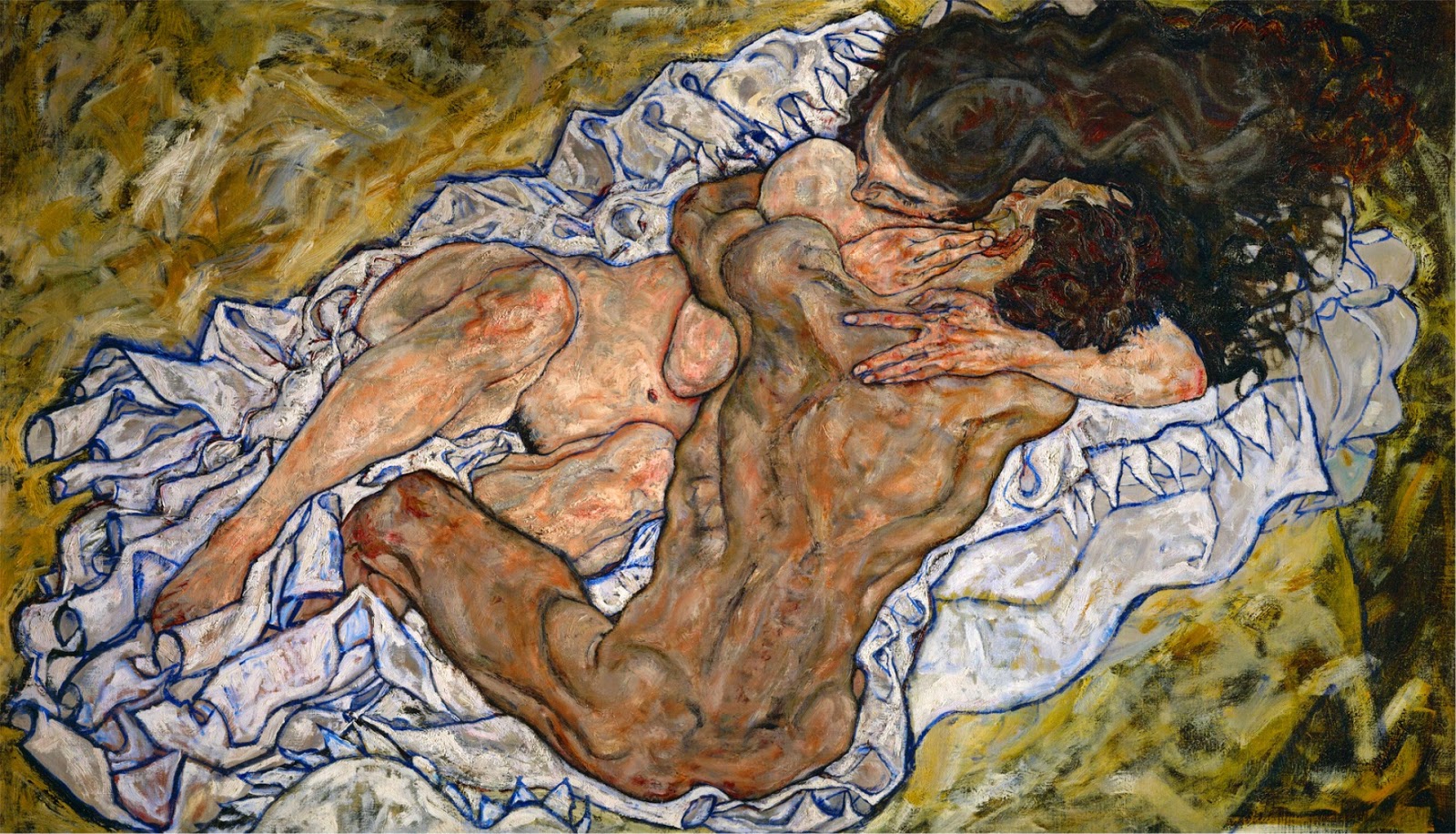
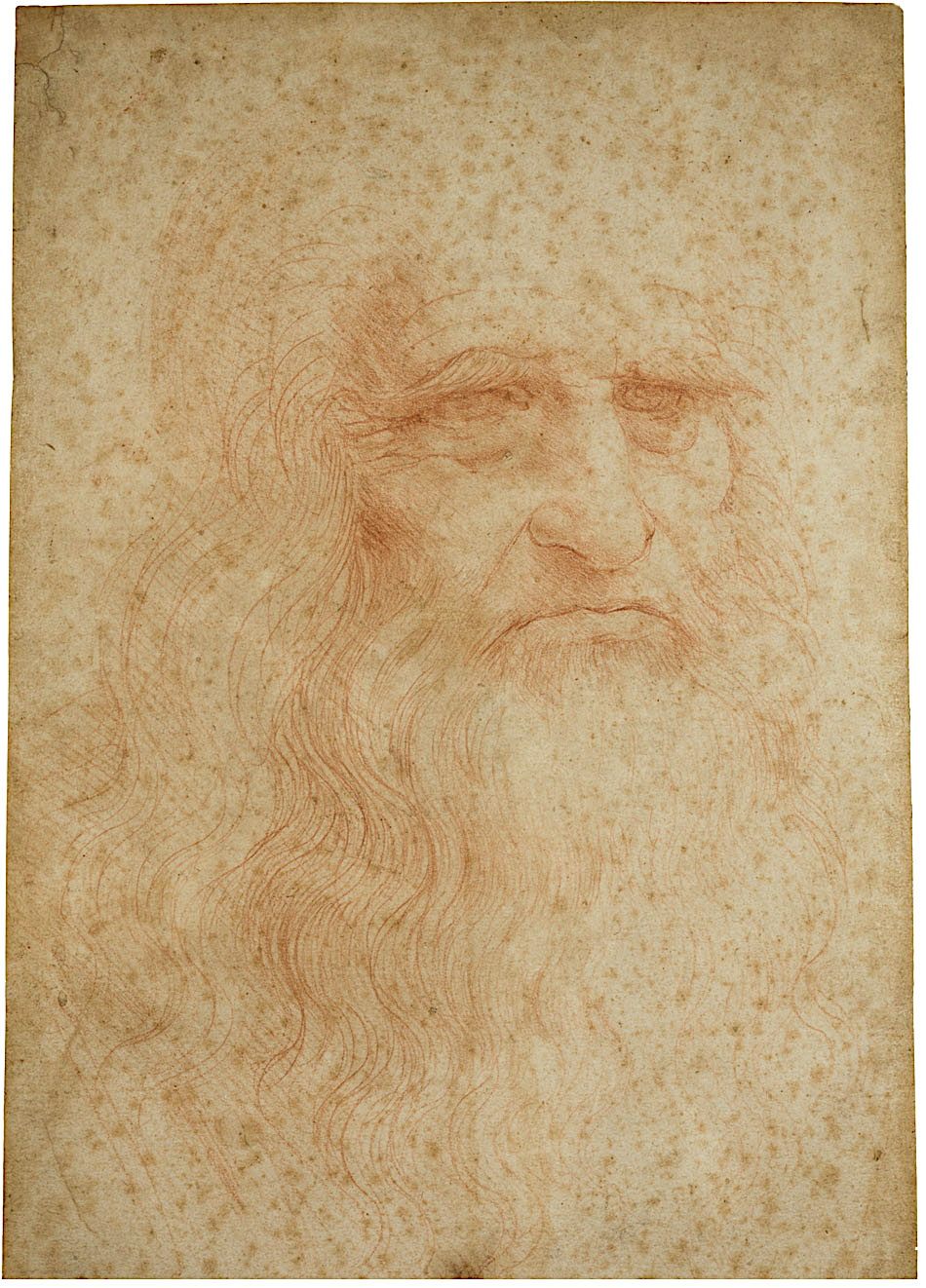
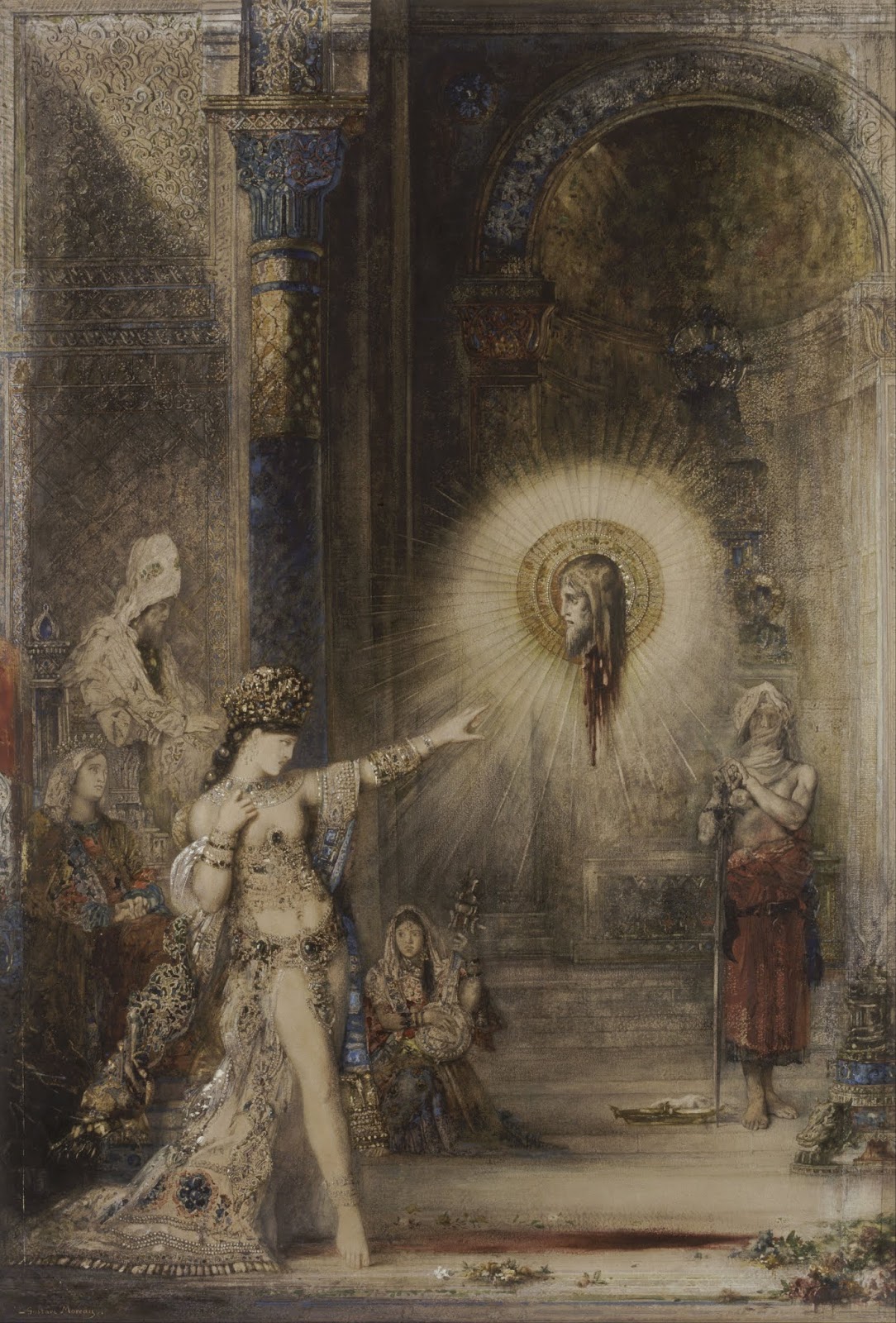
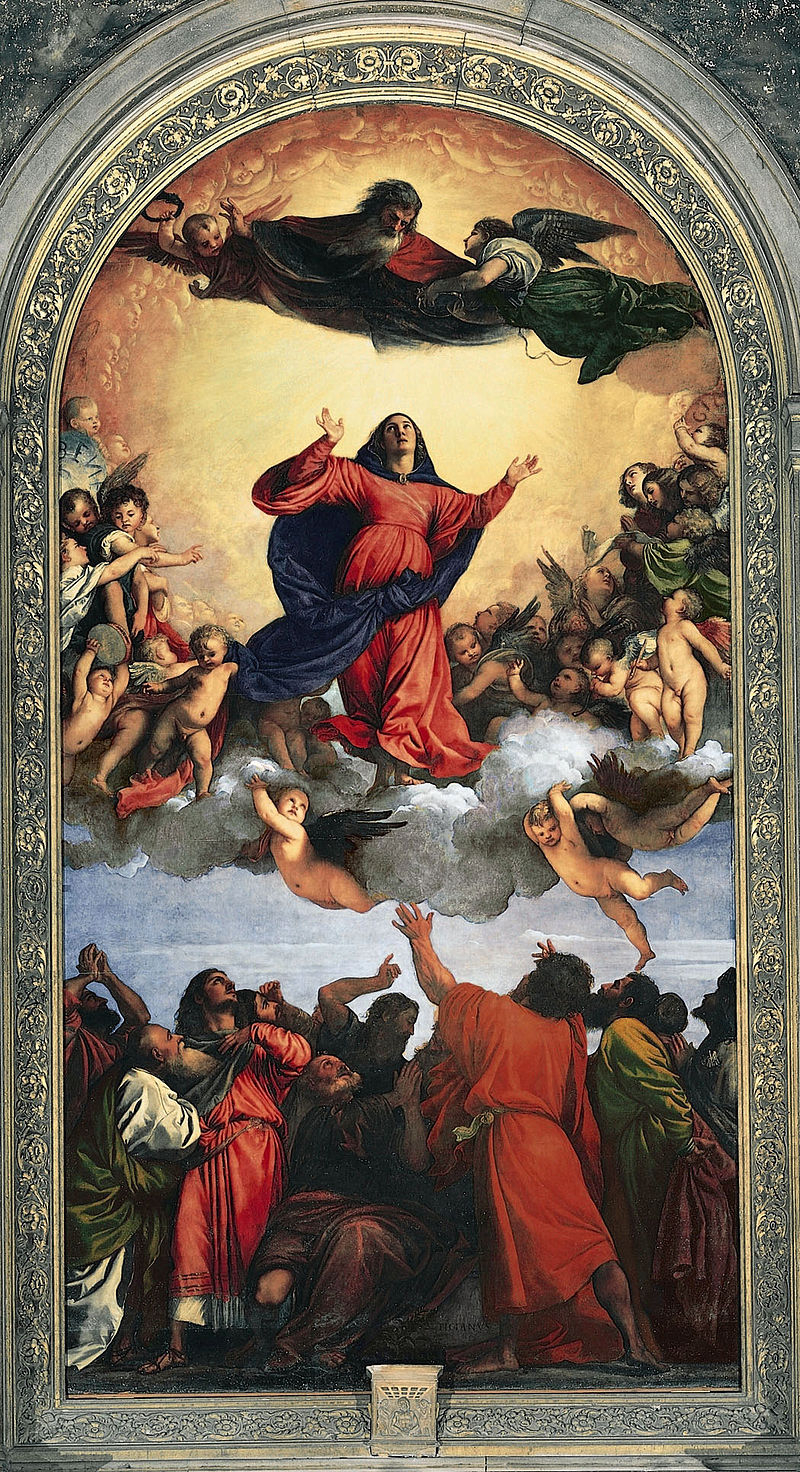
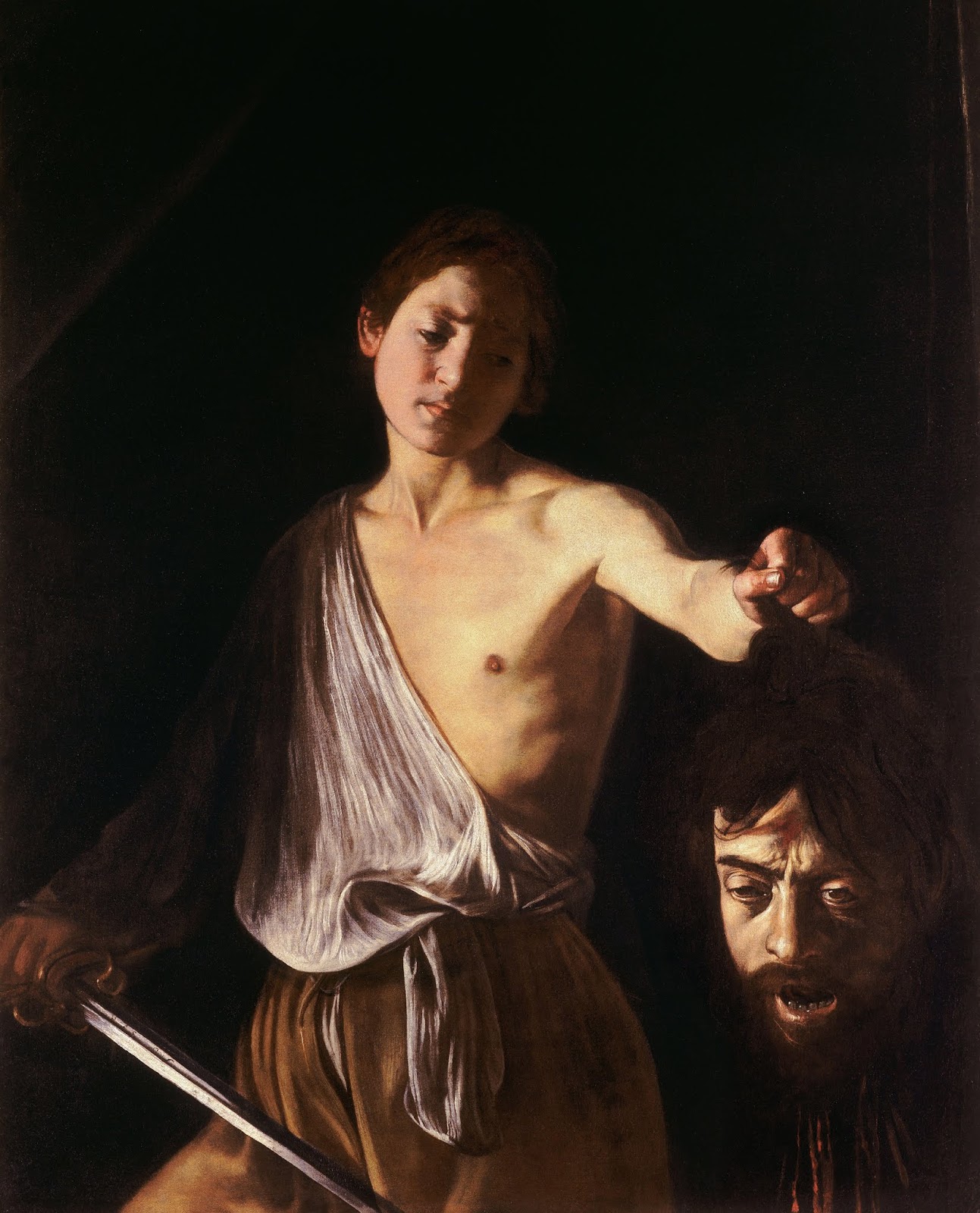
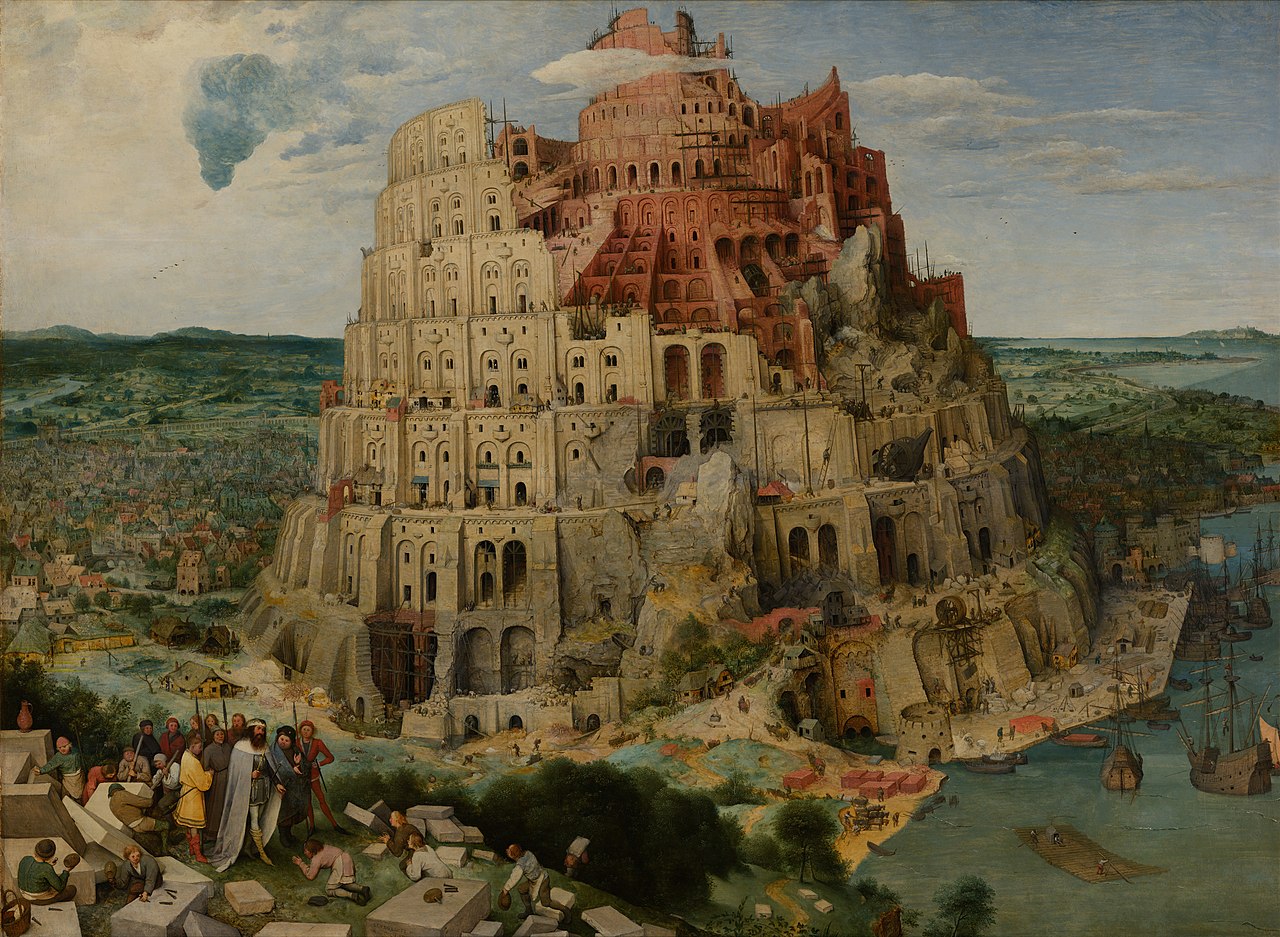
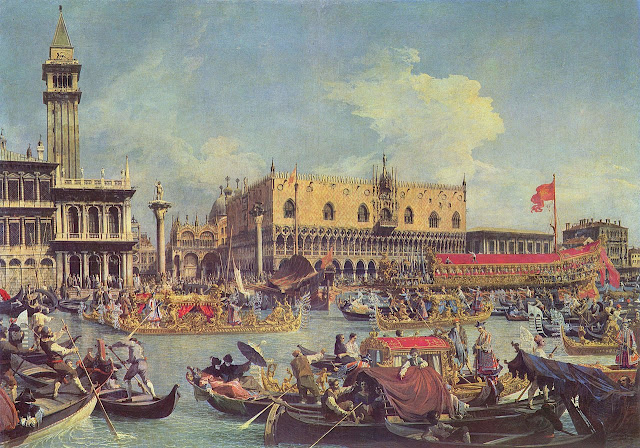
Commenti
Posta un commento
Gentile utente scegli come scrivere il tuo commento in base a tre opzioni: Anonimo, Nome o/i URL, Account Google